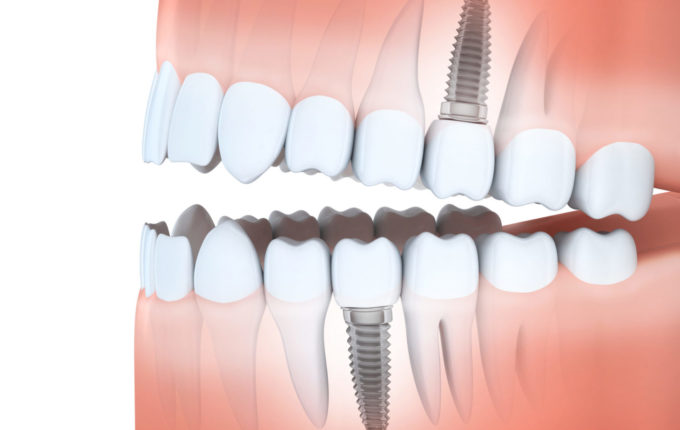Dentures vs Implants: Pros & Cons
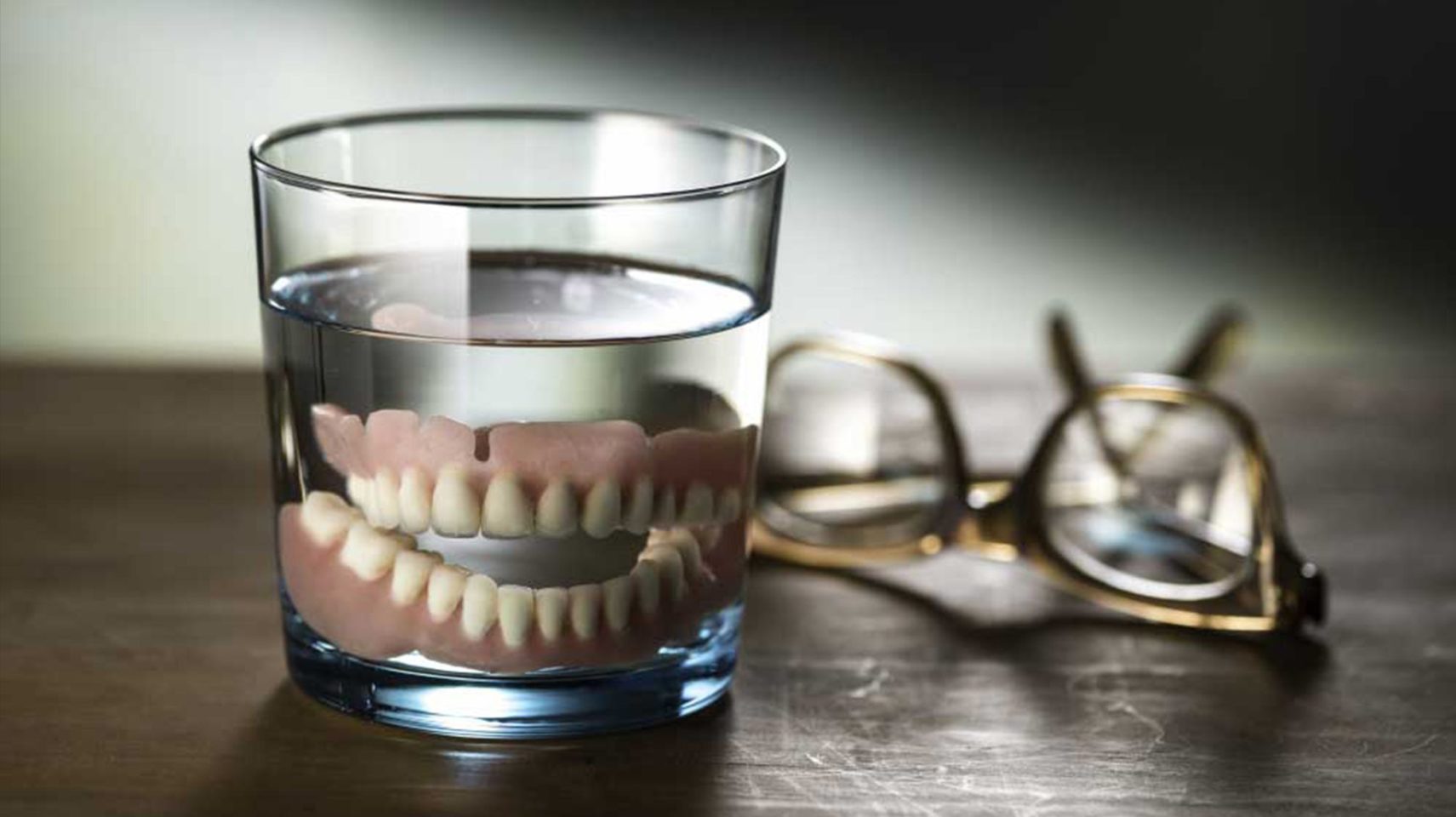
Dental Implants vs Dentures
With years of improvements in the dental field, damaged or missing teeth are a fully treatable problem. When deciding between dentures and dental implants, your final choice depends on various factors. The ideal procedure should feel comfortable for your mouth and provide solutions for your tooth loss and daily oral problems.
If you need more information before making your final decision, we invite you to read further and explore whether dentures or dental implants are right for you, how each procedure is performed and what considerations are necessary before booking an appointment.
What Are Dental Implants?
Dental implants are a permanent replacement for a broken or missing tooth. Implants are metallic prosthetic roots inserted into the damaged root’s position.
We perform the surgery by first extracting the damaged root. Next, we screw a hole into the jawbone, fit the implant into place and cap it with a crown that acts as your new tooth. The prosthetic metal roots are called a “post” and require a piece called an abutment to secure the crown into position. The post is fitted with a crown once enough bone has grown around it for the right fit.
Implants last a long time with proper maintenance and dental hygiene. Just as you would with your natural teeth, brush the implants twice a day with quality toothpaste and floss to prevent decay. Get regular checkups with your dentist for deep cleanings and to further protect the condition of your implants and your general oral health.
What Are Dentures?
Dentures are removable prosthetic teeth fitted into the mouth. You can get dentures regardless of the amount of bone in your jaw because no surgery is required for them.
Two kinds of dentures exist — complete and partial. Complete dentures replace all your teeth on each jaw or both. They support your facial muscles for tasks like speaking and eating. Partial dentures are prosthetic teeth that replace individual teeth you have lost. They sit alongside your natural teeth and fill any noticeable gaps.
Installing dentures requires us to take an impression of your gums and then study your bite and the optimal alignment for you to chew and speak properly. We then create a preliminary set for you and use that to make any necessary adjustments. Those adjustments help develop your final set of dentures, which we bond to your gums with an adhesive.
We advise against wearing your dentures overnight when you sleep. Instead, soak them in water and a denture cleaning solution to gently clean them before you wear them the next day. Brush your dentures and gums after eating to prevent bacterial buildup and remove any adhesive remaining on your gums.
Pros and Cons of Dentures
When you consider installing dentures, you want to be sure you are making an informed decision. Both implants and dentures present advantages and disadvantages. Explore the following benefits of dentures for a better understanding:
- Universality: Dentures are the most common choice for many. They do not require as much jaw structure as implants and are often the more affordable option upfront. People are also drawn to their removability and the lack of surgical procedures, which bring added comfort.
- Low maintenance: Cleaning your dentures is often a matter of soaking them and going to sleep. With this ease, you have little chance of forgetting your cleaning routine.
Along with the pros are some possible drawbacks:
- Risk of infection and decay: One disadvantage of dentures is their risk of infection if improperly fitted into your mouth. Infections cause swelling and gum rot if detected too late or neglected. Luckily, these risks are treatable. Consult your dentist as soon as a problem arises.
- Adjustment period: Newly fitted dentures require a period to adjust to your mouth’s natural alignment and movement. This time can be a bit uncomfortable and can distract you from your daily living if you find the discomfort difficult to ignore. Stay diligent when wearing your dentures to make this time easier.
- Mouth soreness: Loose-fitted dentures pose risks to your mouth’s movements and comfort. If your dentures move around too much without your intervention, this can lead to a sore or tender mouth. Visit your dentist to fix this problem and prevent any further oral pain.
- Replacement: After some time, your bite and jaw alignment will change and no longer accommodate your dentures. You will need to replace your dentures every few years to ensure you have the right fit.
Pros and Cons of Implants
Implants can be perfect for your dental situation, but you want to weigh what they can offer you. Ensure that dental implants are what you want after reviewing the following benefits:
- Natural feel and look: We model your implanted crowns after your actual teeth so they feel and look natural when installed. You can chew and speak with little thought, which eliminates the possibility of discomfort or distraction.
- Long life span: When you perform the care and maintenance required for your implants, you allow them to work for a lifetime. Most replacements occur when there has been a serious injury or hygienic neglect, which can be avoided.
- Easy cleaning: All you need for cleaning your implants are a toothbrush, toothpaste and floss. Implants require no special equipment or cleaners and are also eligible for deep cleaning at your dentist’s office.
- Prevention of bone loss: Implants seal up holes in your gums and jawbone that could otherwise negatively affect your jaw health. You offer your bones an added layer of protection and can sleep peacefully without pain.
Keep these considerations in mind, too:
- Longer installation process: A noted disadvantage of dental implants is the time it takes to fully install them. You will need to visit your dentist more frequently during the fitting process and set aside time for healing. They can also be less affordable upfront because of the recurring visits.
- Adverse reactions to the components: Metallic posts installed in the gums pose a risk of allergic reactions in certain patients. If you have a titanium alloy allergy, dental implants are not the right option for you.
Treat Your Dental Challenges Today
At 209 NYC Dental, we treat you with the care and attention you need to restore your smile. We hold ourselves to a high standard of professionalism and thoroughness when installing your implants or dentures and have financial solutions to help you through the process. Contact us today to book an appointment!
 Our History
Our History
 Our Providers
Our Providers
 About Us
About Us
 Blog
Blog
 Contact us
Contact us
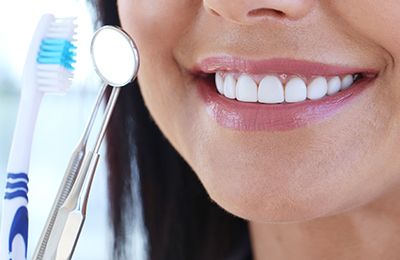 Diagnostic & Preventive
Diagnostic & Preventive
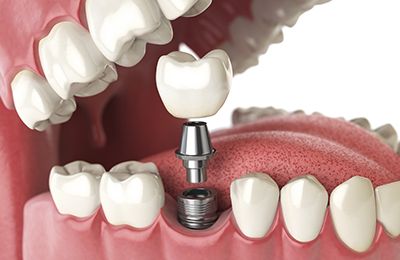 Implant Dentistry
Implant Dentistry
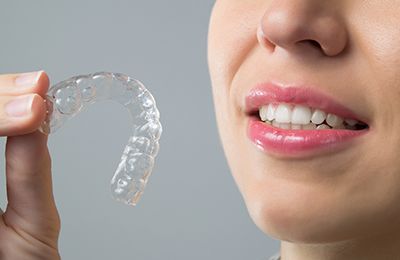 Clear Braces - Invisalign
Clear Braces - Invisalign
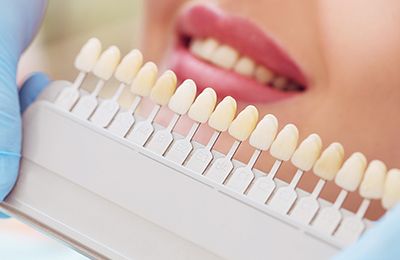 Cosmetic Dentistry
Cosmetic Dentistry
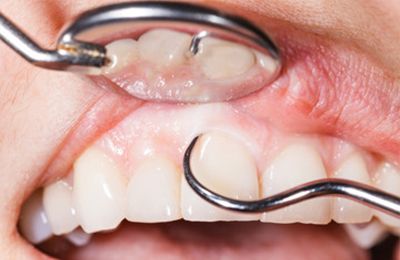 Periodontics
Periodontics
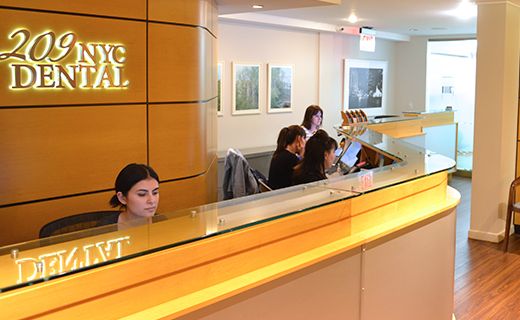 Patient Forms
Patient Forms
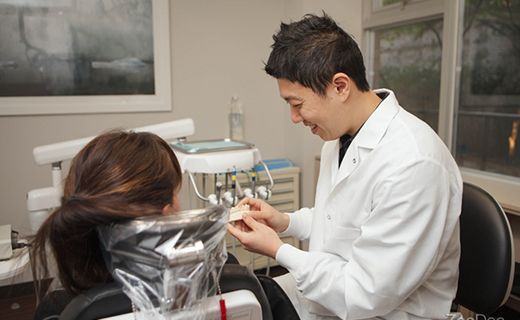 Payment Information
Payment Information
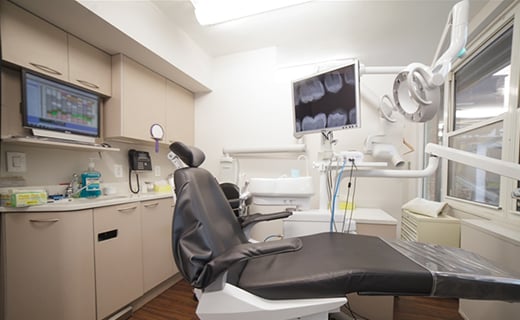 Insurance Options
Insurance Options
 CareCredit Dental
CareCredit Dental
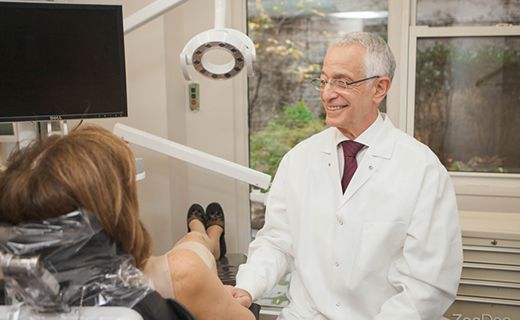 Appointment Policy
Appointment Policy
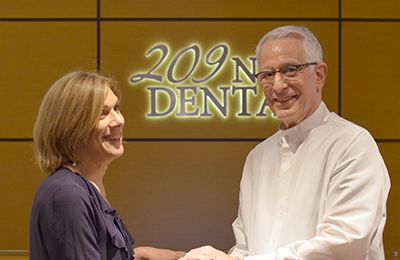 Free Consultation
Free Consultation
 Complimentary Teeth Whitening
Complimentary Teeth Whitening
 Teeth Whitening
Teeth Whitening
